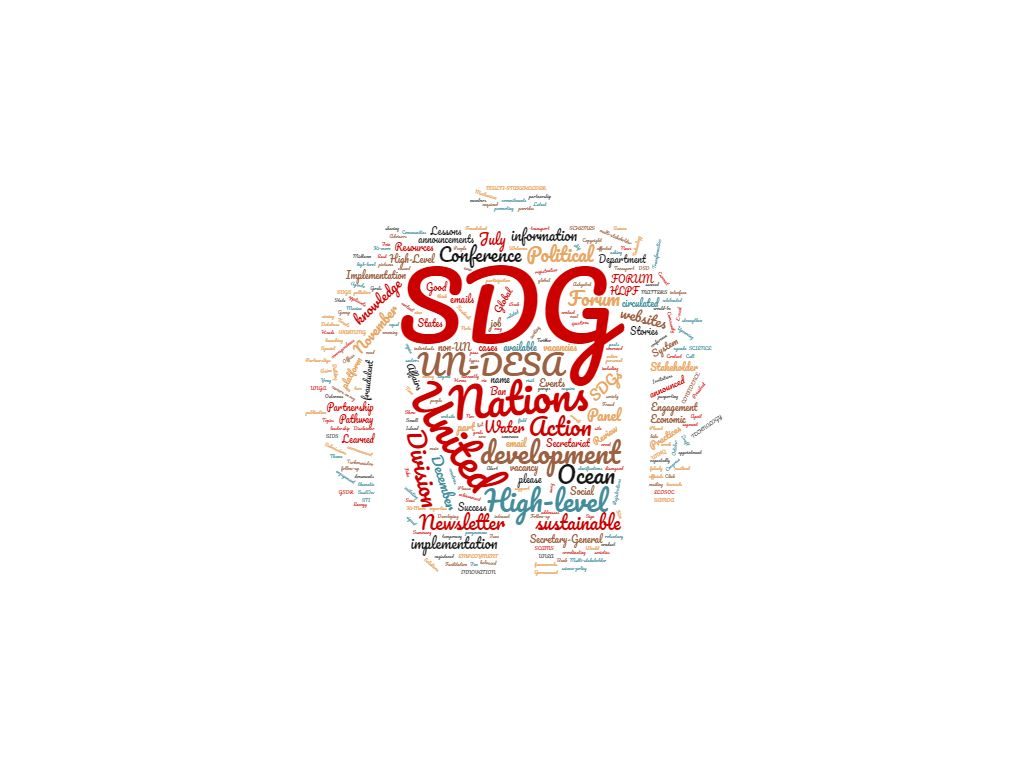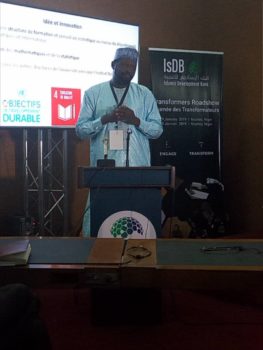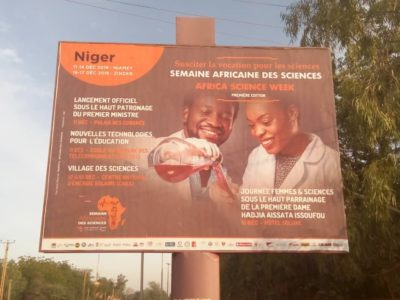
This GYA group was established as an Incubator in July 2018, and was promoted to working group status from July 2020. It aims to harness the potential of citizen science as an approach for increasing the GYA’s public engagement with the United Nations Sustainable Development Goals (SDGs). Leveraging citizen science is necessary for achieving the SDGs as highlighted by many organisations focused on data requirements for sustainable development, interdisciplinary or transdisciplinary research projects and initiatives worldwide (such as the Open Seventeen platform, the Global Partnership for Sustainable Development Data and the Citizen Science Global Partnership, to name a few).
Although the SDGs have been discussed widely during the GYA’s Annual General Meeting in 2018, work by the GYA and its members in the SDG field could be better structured. There is also a need to raise awareness of the SDGs among young scientists, and to enhance the capacity of young scientists to contribute to the achievement and the monitoring of the SDGs.
N/A
In 2022/23, the group will focus on:
December
In December 2022, Citizen Science member Ibrahim Zakari was part of a group of authors, who published a paper entitled “Imbalanced multiclass traffic sign images classification based on minority oversampling and convolutional neural networks“
September
In September, group members Ibrahim Sidi Zakari and Robert Lepenies gave a presentation on the Sasha Kagansky Interdisciplinary Grant and the project “Citizen Science for Reducing Exposure to Urban Air Pollution” at the GYA online event “Young and Global – A perspective on today’s challenges in science” together. This event was part of the Science Summit of the United Nations General Assembly (UNGA77). In their presentation, they considered North-south, south-south scientific collaboration, and showcased their GYA project on “Citizen Science for Reducing Exposure to Urban Air Pollution”, which they run in Niger and Germany. Read more about the session and watch the full presentation here.
August
In August 2022, working group co-lead Ibrahim Ziri Zakarai (Abdou Moumouni University, Niger) participated in the HPDAKK Symposium on participatory herborization of medicinal plants. “HP” stands for “Herborisation Participative” and embodies a project focused on seeking and classifying medicinal plants through ethnobotanical identification, galenic ethnopharmacology, sociolinguistic approaches and the realization of herbarium samples. HPDAKK hopes to rescue traditional medicine knowledge for medical practicioners, researchers and PhD students. Endogenous medicinal knowledge, particularly in Western Africa, is mostly passed on by word of mouth and therefore is often lost when traditional medical practitioners die. The activity took place in three Togolese cities (Kpalimé, Atakpamé and Tabligbo). For more information, see the report (in French) here.
April
In April, the Network of African Science (NASAC) Academies published a regional report titled “Protecting human health against climate change in Africa” . Group members Armand and Ibrahim were nominated by the GYA to contribute to the report, they proposed Citizen Science aspects. Read the whole report here.
February
The group was working with a Research Assistant in 2021, who contributed to papers on emerging applications of machine learning and artificial intelligence to crowdsourced data from health and transport sectors. Some of these results were then presented during an IEEE Conference in Ouagadougou, Burkina Faso (February 2022), and a paper has been published in the conference proceedings (IEEE Access Journal).
Group members published Citizen Science for Transformative Air Quality Policy in Germany and Niger in Sustainability 2021/13 (https://doi.org/10.3390/su13073973), as part of their GYA 2019/20 Interdisciplinary Grant project. See here for details.
In this video on “Harnessing the Data Revolution for reducing the impact of air pollution in Niger”, group lead Ibrahim Sidi Zakari (Niger) talks about his research and contribution to cleaner air in Niger, and also about the activities of the GYA Incubator.
See a detailed activities report here.
February:
January:

December:

November:
September:
August:
© 2024 Global Young Academy